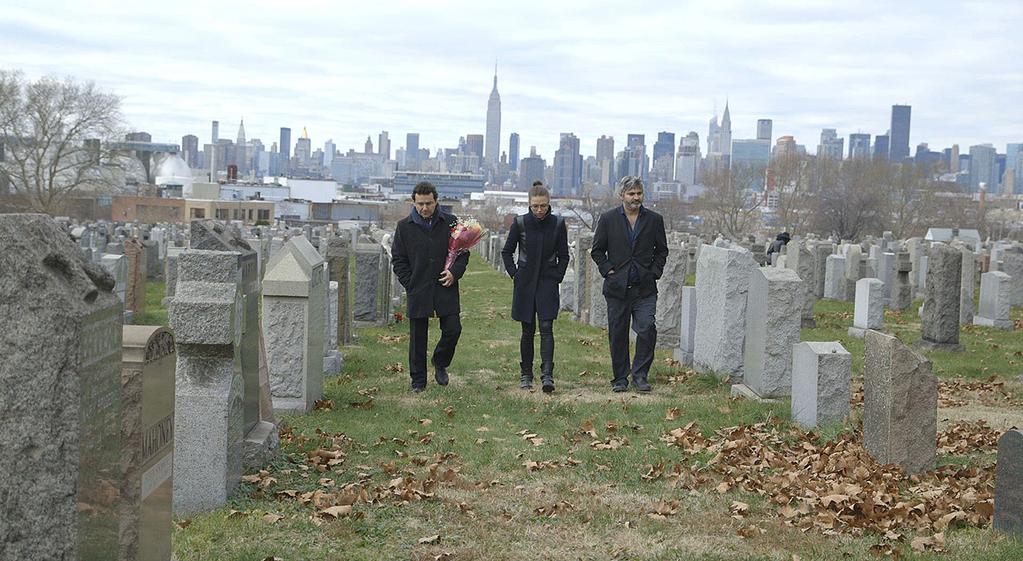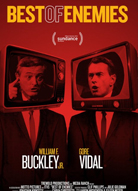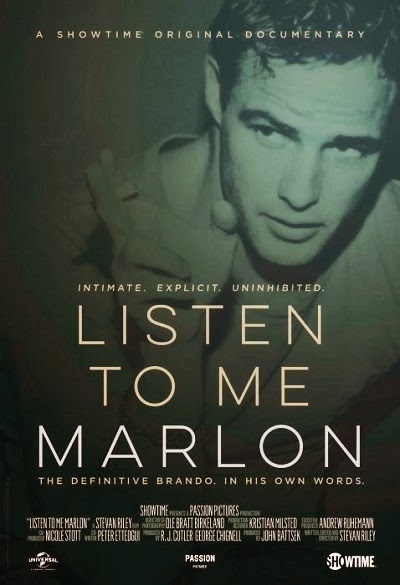Tribeca: Suffer the Little Children
 Wednesday, April 29, 2015 at 5:00AM
Wednesday, April 29, 2015 at 5:00AM Here's Jason with a real pair of downers to conclude our Tribeca Coverage. Thanks for reading along. Next up in the festival game: Cannes...
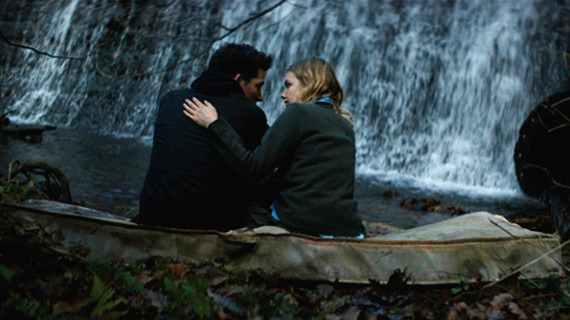
Bridgend -- I'm a little perplexed about Bridgend winning half of the awards at the fest; besides a few arresting visuals I found the film moribund on arrival. The film fictionalizes the true-life story of a town in Wales where a mysterious rash of suicides has plagued the hills. Lead actress Hannah Murray (best known in the US as Gilly on A Game of Thrones, although I didn't recognize her once while watching the movie and I'm a big Thrones fan) gives us a vivid enough slide into Crucible light hysteria but I never really bought what the movie was selling - it skims over too many unreasonable plot holes in deference to its stifling mood, and at times is downright silly with trying too hard. A literally shitty sex-romp on a dirty mattress in the woods is somehow played straight, even as visions of Divine in Female Trouble flood our minds.
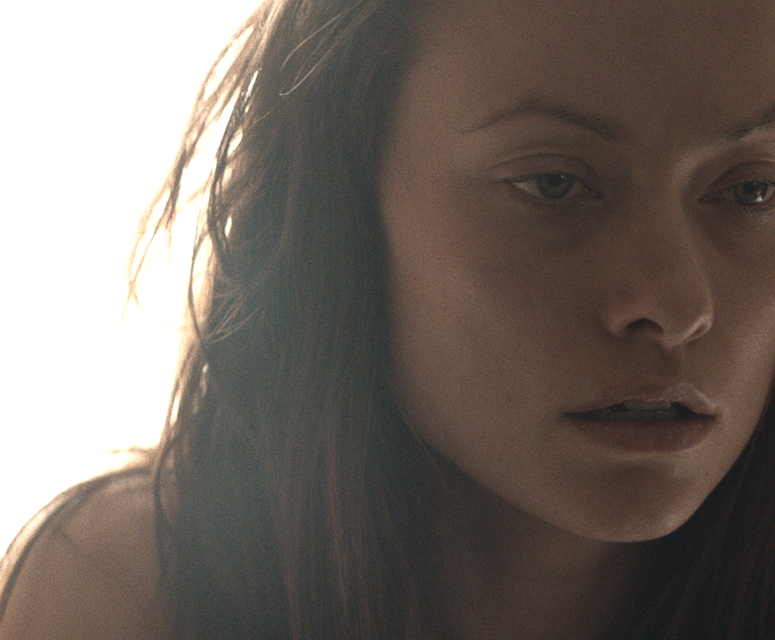 Meadlowlands -- Also suffering from all outward signs of Film Festival Depression, where people suffer beautifully, so beautifully, Meadlowlands does have a few nice performances even as it wrings every manipulative drop out of Dead Kid Grief it can. Olivia Wilde and Luke Wilson play parents whose cookie-munching moppet gets snatched at the start of the first reel; the kid's never more than a plot device through which we can watch them suffer, and suffer they do, beautifully. Wilson gets the less overbearing arc to play which is good since he's an actor I appreciate for his low-key style; Wilde smartly under-plays her over-drawn hand (cutting and autistic kids, oh my) but man alive by the time the elephant shows up all I could think of was "Don't think about elephants."
Meadlowlands -- Also suffering from all outward signs of Film Festival Depression, where people suffer beautifully, so beautifully, Meadlowlands does have a few nice performances even as it wrings every manipulative drop out of Dead Kid Grief it can. Olivia Wilde and Luke Wilson play parents whose cookie-munching moppet gets snatched at the start of the first reel; the kid's never more than a plot device through which we can watch them suffer, and suffer they do, beautifully. Wilson gets the less overbearing arc to play which is good since he's an actor I appreciate for his low-key style; Wilde smartly under-plays her over-drawn hand (cutting and autistic kids, oh my) but man alive by the time the elephant shows up all I could think of was "Don't think about elephants."
OUR COMPLETE TRIBECA 2015 COVERAGE
18 reviews. A round of applause for Joe, Jason, and Abstew
- Adderal Diaries with Amber Heard & James Franco - Joe Reid
- Anesthesia starring Glenn Close & Kristen Stewart - Abstew
- Applesauce starring Onur Turkel - Jason
- Backtrack starring Adrien Brody - Jason
- Far From Men starring Viggo Mortensen - Abstew
- Good Kill starring Ethan Hawke - Jason
- Grandma, the new Lily Tomlin - Joe Reid
- Hungry Hearts with Adam Driver & Alba Rohrwacher - Joe Reid
- King Jack starring Charlie Plummer - Jason
- Mojave starring Oscar Isaac & Garret Hedlund - Abstew
- The Overnight starring Adam Scott & Taylor Schlling - Abstew
- Sleeping with Other People from Leslye Headland - Joe Reid
- Slow West a Michael Fassbender western - Jason
- Stung a midnight movie - Jason
- When I Live My Life Over Again starring Amber Heard - Abstew
- The Wolfpack, a buzzy documentary - Joe Reid
 Bridgend,
Bridgend,  Luke Wilson,
Luke Wilson,  Olivia Wilde,
Olivia Wilde,  Tribeca Film,
Tribeca Film,  film festivals
film festivals 


